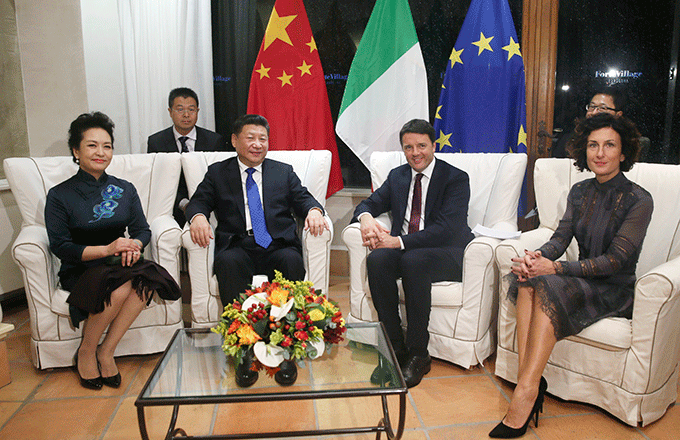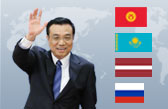Apple and Samsung, frenemies for life
Cook, worried about the critical supplier relationship, was opposed to suing Samsung. But Jobs had run out of patience, suspecting that Samsung was counting on the supplier relationship to shield it from retribution.
Apple filed suit in April 2011, and the conflagration soon spread to courts in Europe, Asia and Australia. When Apple won its blockbuster billion-dollar jury verdict against Samsung last August, it appeared that it might be able to achieve an outright ban on the offending products - which would have dramatically altered the smartphone competition.
But Apple has failed to convince US judges to uphold those crucial sales bans - in large part because the extraordinary profitability and market power of the iPhone made it all but impossible for Apple to show it was suffering irreparable harm.
"Samsung may have cut into Apple's customer base somewhat, but there is no suggestion that Samsung will wipe out Apple's customer base, or force Apple out of the business of making smartphones," US District Judge Lucy Koh wrote. "The present case involves lost sales - not a lost ability to be a viable market participant."
Samsung, meanwhile, came under pressure from antitrust regulators and pulled back on its effort to shut down Apple sales in Europe over a related patent dispute.
A US appeals court recently rejected Apple's bid to fast-track its case, meaning its hopes for a sales ban are now stuck in months-long appeals, during which time Samsung may very well release the next version of its hot-selling Galaxy phone.
The World is Ours
The legal battles have been less poisonous to the relationship than some of the rhetoric suggests.
"People play this stuff up because it shows a kind of drama, but the business reality is that the temperature isn't that high," said one attorney who has observed executives from both companies.
Still, the hostilities appear to have put some dents in the partnership. Apple is likely to switch to TSMC for the building of application processors, according to analysts at Goldman Sachs, Sanford Bernstein and other firms. But analysts at Korea Investment & Securities and HMC Securities point out that Apple will not be able to eliminate Samsung as a flash supplier because it remains the dominant producer of the crucial chips.
Apple declined to comment on the details of its relationships with any one supplier.
Meanwhile, both companies are deploying strategies out of the other's playbook as they seek to maintain and extend their lead over the pack.
Samsung has developed a cheeky, memorable TV ad that mocks Apple customers, and dramatically ramped up spending on marketing and advertising, a cornerstone of Apple's success. US ad spending on the Galaxy alone leaped to nearly $202 million in the first nine months of 2012, from $66.6 million in 2011, according to Kantar Media.
For its part, Apple is investing in manufacturing by helping its suppliers procure the machinery needed to build large-scale plants devoted exclusively to the company.
Apple spent about $10 billion in fiscal 2012 on capital expenditures, and it expects to spend a further $10 billion this year. By contrast, the company spent only $4.6 billion in fiscal 2011 and $2.6 billion in fiscal 2010.
But Apple and Samsung retain very different strategies. Apple has just one smartphone and only four product lines in total, and tries to keep variations to a bare minimum while focusing on the high end of the market.
Samsung, by contrast, has 37 phone products that are tweaked for regional tastes and run the gamut from very cheap to very expensive, according to Mirae Asset Securities. The company also makes chips, TVs, appliances and a host of other products (and its brethren in the Samsung Group sell everything from ships to insurance policies).
Apple devices are hugely popular in the United States; Samsung enjoys supremacy in developing countries like India and China. Apple keeps its core staff lean - it has only 60,000 employees worldwide - and relies on partners for manufacturing and other functions. Samsung Electronics, part of a sprawling "chaebol," or conglomerate, that includes some 80 companies employing 369,000 people worldwide, is far more vertically integrated.
It is those differences, combined with the formidable strengths that both companies bring to the market, that may render quiet cooperation a better strategy than all-out war for some time to come.
Said Brad Silverberg, a former Microsoft executive who was involved in the Mac vs. Windows wars, "Apple had learnt a lot of lessons from those days."


























